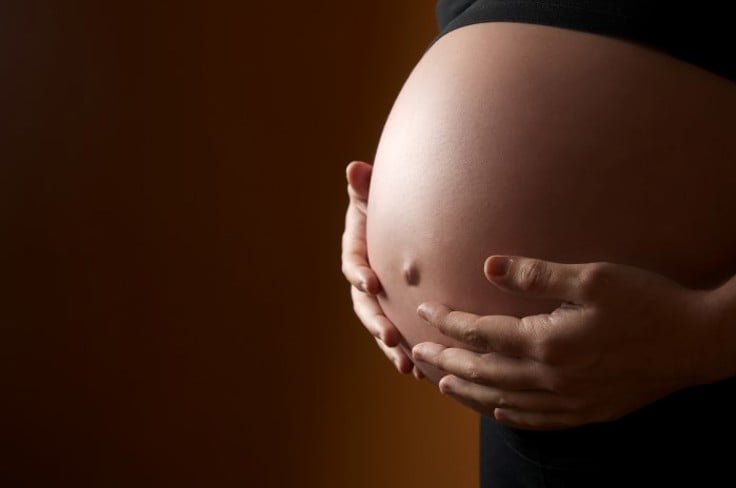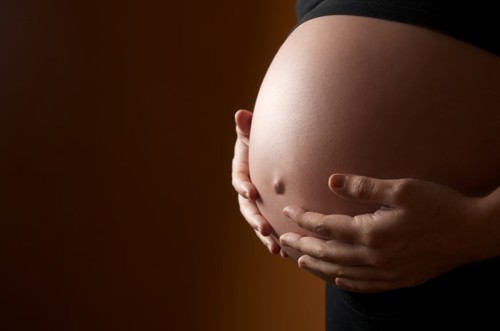Conception shortly after a miscarriage or pregnancy termination does not increase risk of complications
Conception shortly after a miscarriage or pregnancy termination does not increase risk of complications
Research findings
|Published
Women who conceive within three months of a miscarriage or termination do not have an increased risk of complications in their subsequent pregnancy, according to a new study from the Norwegian Institute of Public Health.
The researchers behind the study investigated whether complications in the subsequent pregnancy varied according to how long the woman had waited to conceive again after a miscarriage or termination. They evaluated the risk of complications such as pre-eclampsia, gestational diabetes, premature birth and birthweight in the bottom and top 10th percentile according to gestational age and sex.
“We found no connection between conception shortly after a miscarriage or termination and complications in the subsequent pregnancy,” says Maria Magnus. She is the senior author of the study, and a senior researcher at the Centre for Fertility and Health at the Norwegian Institute of Public Health (NIPH).
Many births included in study
The study is published in PLoS Medicine. It included a total of 49,058 births after a previous miscarriage and 23,707 births after a previous termination in the period 2008 and 2016 in Norway.
“As far as I know, this is one of the largest studies in this field,” says Maria Magnus.
Good advice is important
A miscarriage, defined as the death of a foetus within 20 completed weeks of pregnancy, is relatively common and occurs among 12 to 15 per cent of all confirmed pregnancies. In high-income countries, approximately 15 per cent of all pregnancies end in a termination.
The researchers emphasise that it is important that couples who experience a miscarriage or termination receive evidence-based recommendations when considering becoming pregnant again.
“Since these pregnancy outcomes are so common, it is particularly important that we can give qualified advice on how long a couple should wait to conceive after undergoing either a miscarriage or termination. The new study is reassuring for couples who want to try to conceive again quickly, adds Maria Magnus.
Asking WHO to consider changing recommendations
The World Health Organization recommends that women should wait at least six months after a miscarriage or termination before conceiving again due to the increased risk of complications in a subsequent pregnancy.
According to Magnus, these recommendations have largely been based on relatively small studies. She believes that the findings from the new study do not support these recommendations from the World Health Organization.
“Our study indicates that women who became pregnant again within three or six months after a miscarriage or termination did not have an increased risk of complications compared to those who conceived again after six to 11 months. We also found no increased risk of complications among women who waited more than 12 months,” explains Magnus.
A miscarriage can be traumatic for a couple and having to wait six months before trying to conceive again can make the situation even more difficult.
“Our findings support that couples can decide for themselves when they are ready to try again, and that they may not need to wait six months to avoid complications in the next pregnancy,” concludes Magnus.

